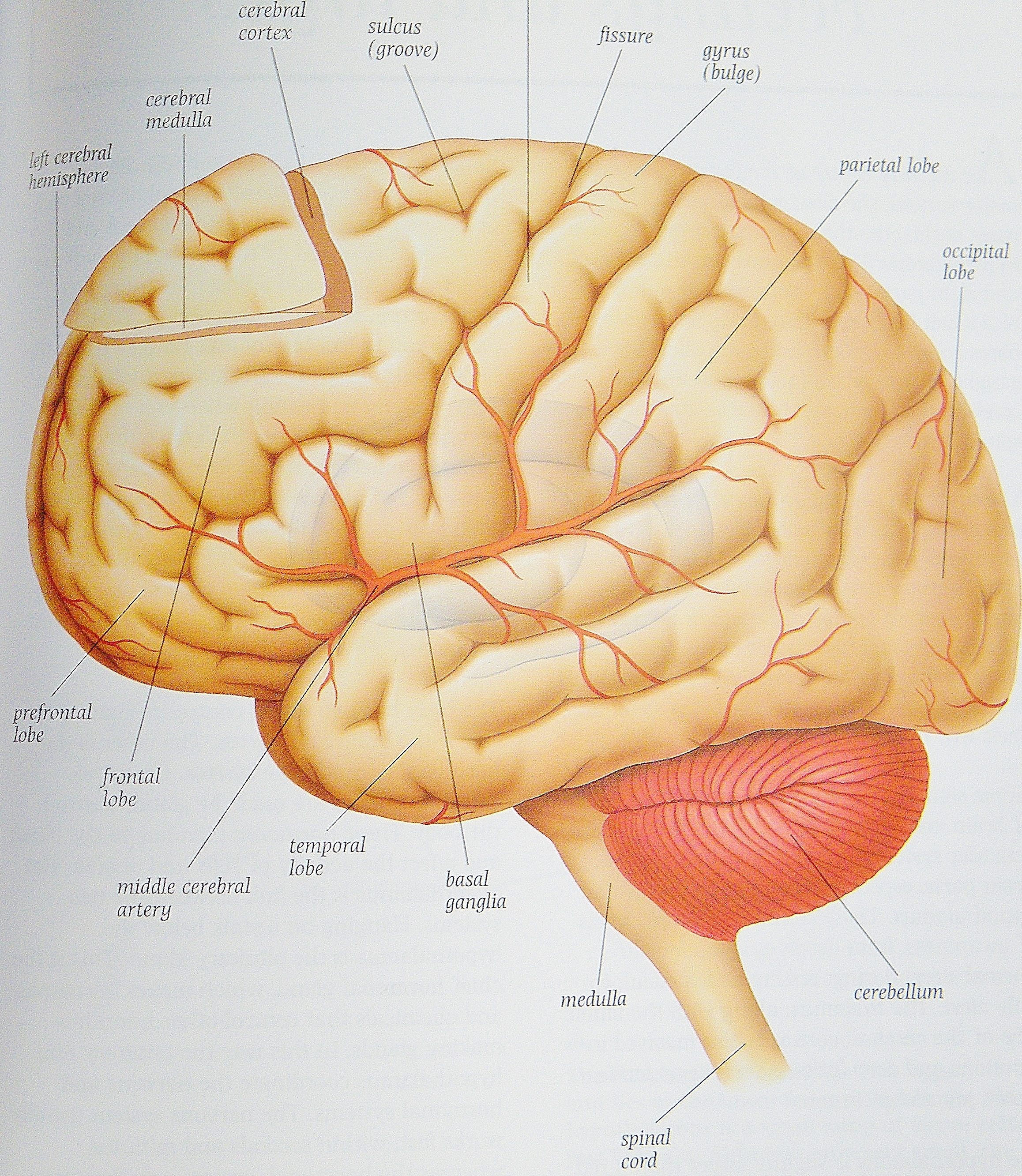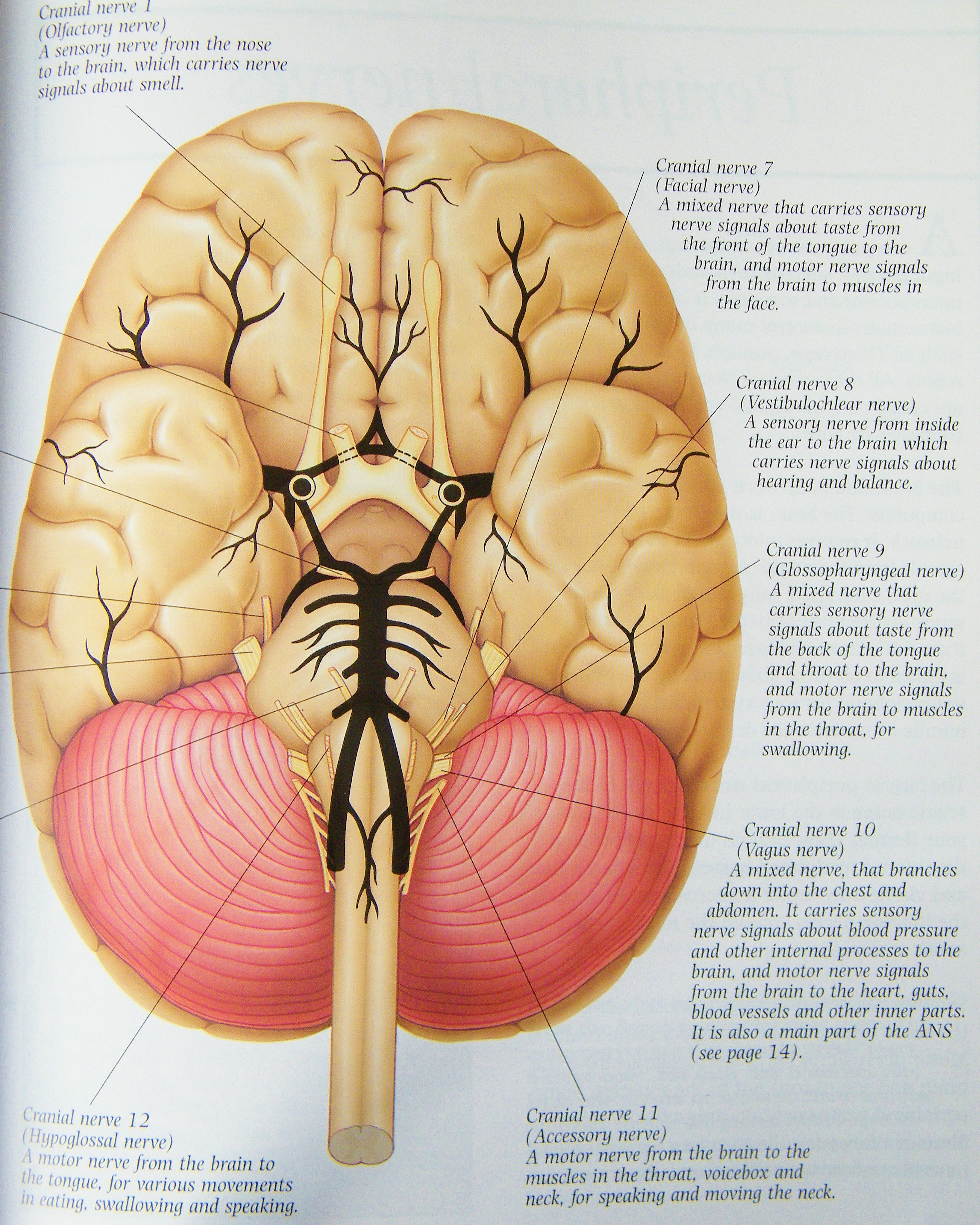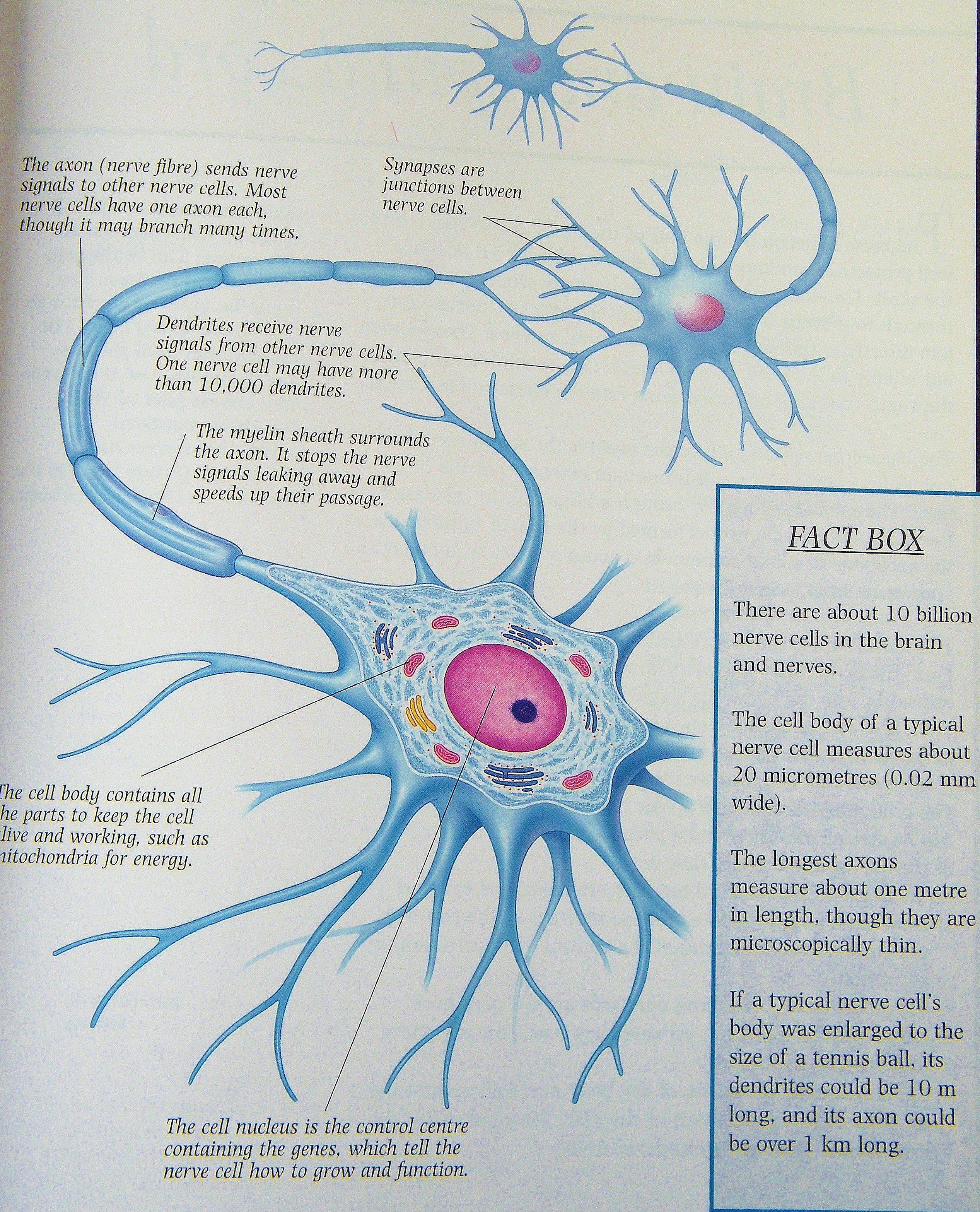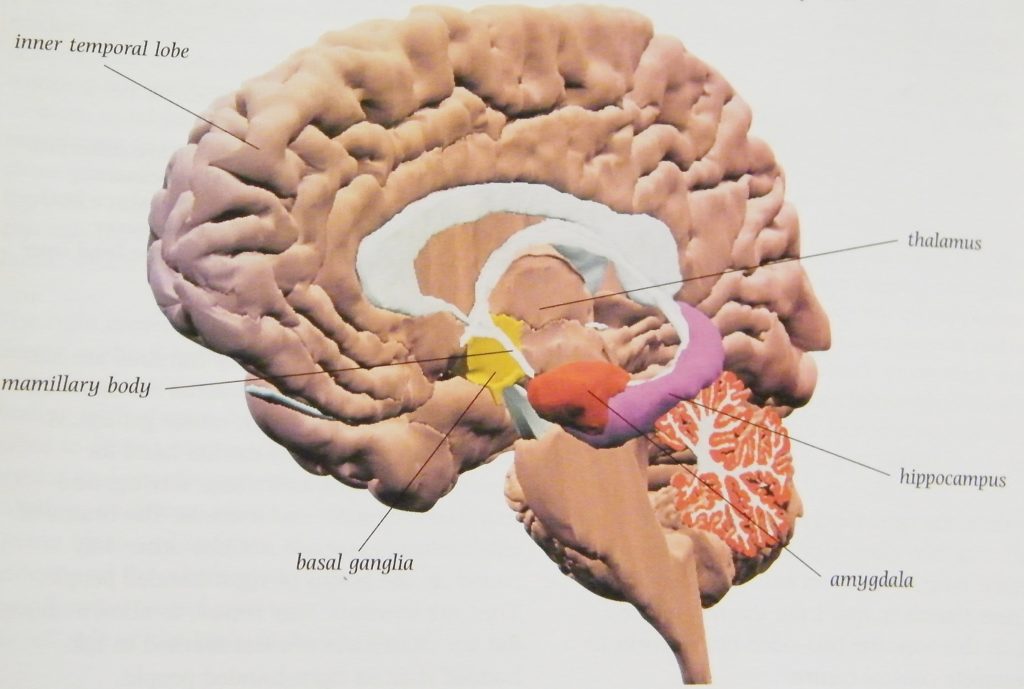Neuroscience, Psychotherapy & Counselling



I once went to an exhibition of neural artwork and photography at a gallery in London. The images were ethereal and irresistible - offering a rare glimpse into an infinitesimal world of sensory neurons, dendrites and synapses. Each firing electric impulses through the brain. These digitally enhanced images flickered across the plasma screens, like celestial spheres. It felt like being inside the cathedral of the brain. Of all the images, one stood out alone. A crisp, electric-blue graphic of a neuron with a bright orange corona at its core, the nucleus. It was so precise, yet so ephemeral it could have been a photograph of an alien. Head, eyes and tentacles drifting through the dark matter of space. I was ecstatic, awestruck - unable to get a bearing on this otherworldly image. Not quite able to grasp how these images related to the inner workings of my psyche. Yet, it opened up a whole new field of enquiry.
I was hooked. And so began a profound period of reflection:
What was this spidery network of neural pathways embedded in my brain? What did it do? How did this nebulous region of ghostly synapses and axons create the illusion of thoughts, feelings and sensations in my mind?
An in-depth study into the neuroscience of the brain became my attempt to answer some of these questions. To my mind, it is one of the last bastions of truly scientific exploration and discovery. We know more about the outer regions of the universe than we do about the inner space of the mind. Neuroscience, studies the interplay of electro-chemical processes in the nervous system, the body and brain. It is made up of billions of cells called neurons organised into neural networks: firing when stimulated and sending out chemical messages to the interconnected regions of the brain. These impulses are delivered through the body via the nervous system. From what I have learned there is no arbitrary separation between body and mind. There are no thoughts first, and emotions last. We are not always rational animals - able to curb our impulses. Nor are we always able to act according to logic and reason. In fact, as a species we remain more driven by animal instincts than we think. Our unconscious impulses are much more likely to determine our choices than our thoughts. That doesn't mean we can't learn to make our emotions and behaviours more manageable. And regain some sense of autonomy over our lives, but when primal emotions are triggered it becomes much more difficult.

Neuroscience plays a vital role in how I view my clinical practice at Counselling in Twickenham. Through many hours of academic research and counselling experience I have come to a more objective understanding of the human brain and the science which informs it. Neuroscience, is an branch of psychology which studies the inner workings and functions of the brain - using the latest technology such as MIR, PET and CAT scans to observe the interplay between the two hemispheres of the brain, the interconnected cranial regions and its neuronal networks. To my mind, this has helped psychotherapy develop into a more mature, clinical discipline than when it first began in the early days of Freudian psychoanalysis. Although I do not wish to denigrate Freud's genius, as much of what he had to say is born out by recent studies and his own career as a neurologist himself.
I often find myself referring to neuroscience to understand how conditions such as anxiety, depression, trauma, PTSD and developmental experiences in childhood affect the brain. For example, we now know that anxiety triggers the parasympathetic nervous system with a flood of hormones to the mind and body, triggering a state of stress known as the 'fight & flight response'. Catastrophic traumas - such as violent assault - may leave the brain in a permanent state of hyperarousal as flashbacks are activated by memories and reminders of the original events. This in turn alerts the limbic system and hippocampus to a potential threat; priming the motor regions of body with adrenalin and cortisol for a 'flight and fight response'. We also know that bonding between mother and child at a pre-verbal level, happens as a result of stimulating 'mirror neurons' in the brain through eye-to-eye contact and mirroring facial expressions. This elicits heightened states of pleasure and physical elation through bonding with the child and a surge of oxytocin is released in the brain. If the parent is not emotionally available to the child, or abusive the child may find it difficult to regulate its own internal emotional states. This may cause the child ongoing stress and difficulty in its own bonding experiences with intimate partners later in life. It can also lead to later problems in adulthood with tolerating intense emotions such as anger, stress or anxiety. Without any ability to regulate our emotions we may become overwhelmed. Even loving parents, who shower their children with affection and leap to their defence can be smothering and over-protective. This may hinder a child's ability to develop its own strategies for dealing with anxiety in later life.
Each of these scientific discoveries, help me understand not only the underlying causes of anxiety and depression; but helps me treat the symptoms of psychological suffering with techniques based on clinical research. Meaning that the service I offer at Counselling In Twickenham is informed by hard science. Many neuroscientific researchers such as Daniel Siegel, Alan Schore, Daniel Stern, Van der Kolk, Pat Ogden and Louis Cozolino have contributed their knowledge to this field of research. Neuroscience has now gone some way to explaining how emotions are triggered in the limbic region; how language and ideas are generated in the Brocca's area; why trauma causes flashbacks and even why we feel a complex emotions like human compassion and love. Or how we are hardwired in the temporal lobes to gain a sense of communion with God and/or the universe during prayer and meditation.
One clear example of understanding how depression works is knowing that the brain must produce an ample supply of certain neurotransmitters in order to keep the neural network functioning smoothly. Otherwise certain regions of the brain are likely to become isolated, worn away or short-circuited. This can cause the brain to become under-stimulated or overwhelmed according to the level of neurotransmitters like serotonin, dopamine or oxytocin. And this in turn can lead to depression or anxiety, as intense emotions remain unprocessed or become overloaded.
Although a comprehensive clinical understanding of the causes of depression and anxiety has not yet been reached, many researchers have identified certain biological changes that may predispose a person to this type of psychological suffering. The following is a summary of some of the theories that are currently under exploration. One area of research is the role of neurotransmitters or chemical messengers that carry information between neurons (nerve cells) in the brain. Decreased availability of certain neurotransmitters (such as noradrenalin, serotonin, and dopamine) may result in depression. Anxiety is thought to result from problems with the neurotransmitter gamma-aminobutyric acid (GABA), which normally suppresses the action of neurons. And this causes a 'flight or flight response' as a result of over sensitivity to uncertainty.
Much of the current research also focuses on particular structures in the brain that may be responsible for depression and anxiety. In general, it is believed that depression and anxiety may largely result from chemical imbalances affecting the brain's limbic system, which is a cycle of structures (including the cerebral cortex, thalamus, hypothalamus, and hippocampus) that appears to be the seat of human emotions such as sadness, fear, and rage.
Depression can also affect the endocrine system which delivers certain hormones to regulate the sensation of the body. It is a network of glands that regulates body functions through the nervous system, by releasing various hormones into the bloodstream. However, these changes can cause as well as affect the nature of emotional and psychological states - such as anxiety. On the other hand, some endocrine disorders can directly cause depression or mania. An example is Cushing's disease, in which the adrenal glands produce too much of the hormone cortisol - this keeps the body and mind in a constant state of arousal and fear, but can also be cause by trauma in PTSD (post-traumatic stress disorder). And some experts believe seasonal affective disorder (SAD) may also stem from disordered release of the hormone melatonin by the pineal gland during winter.